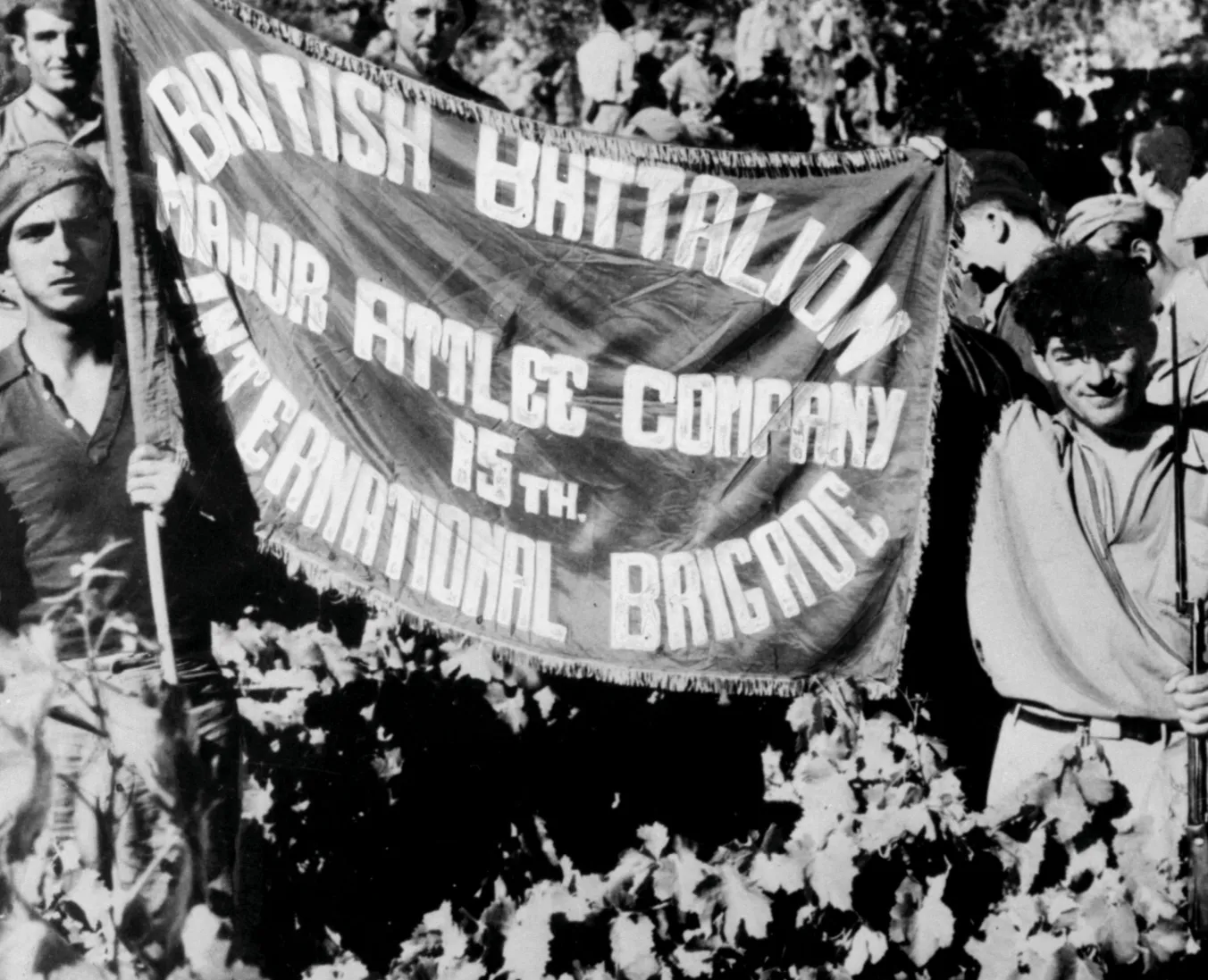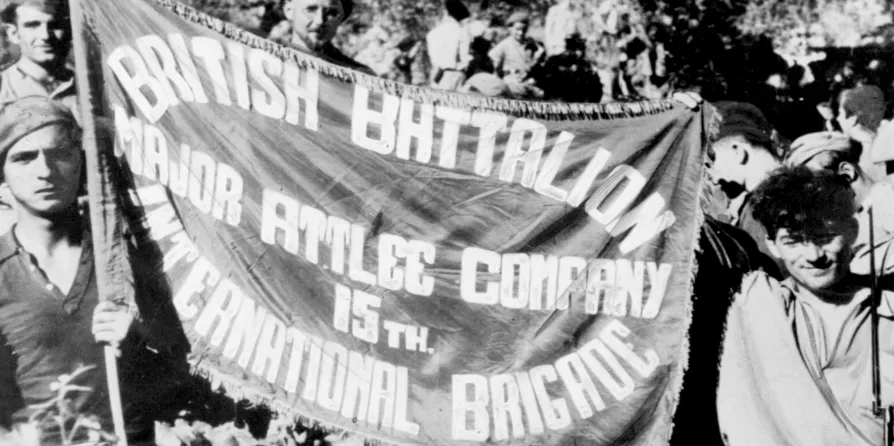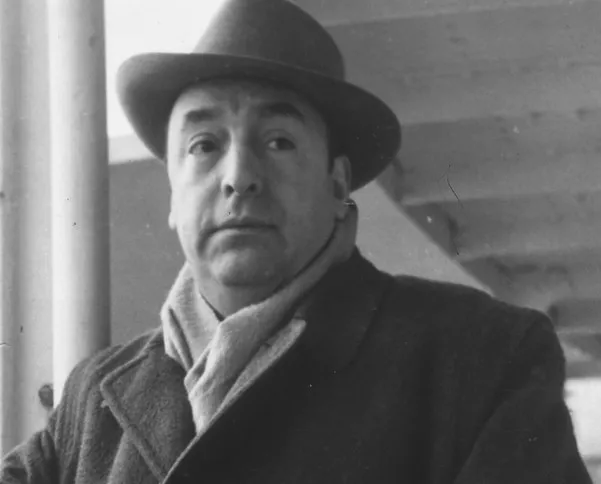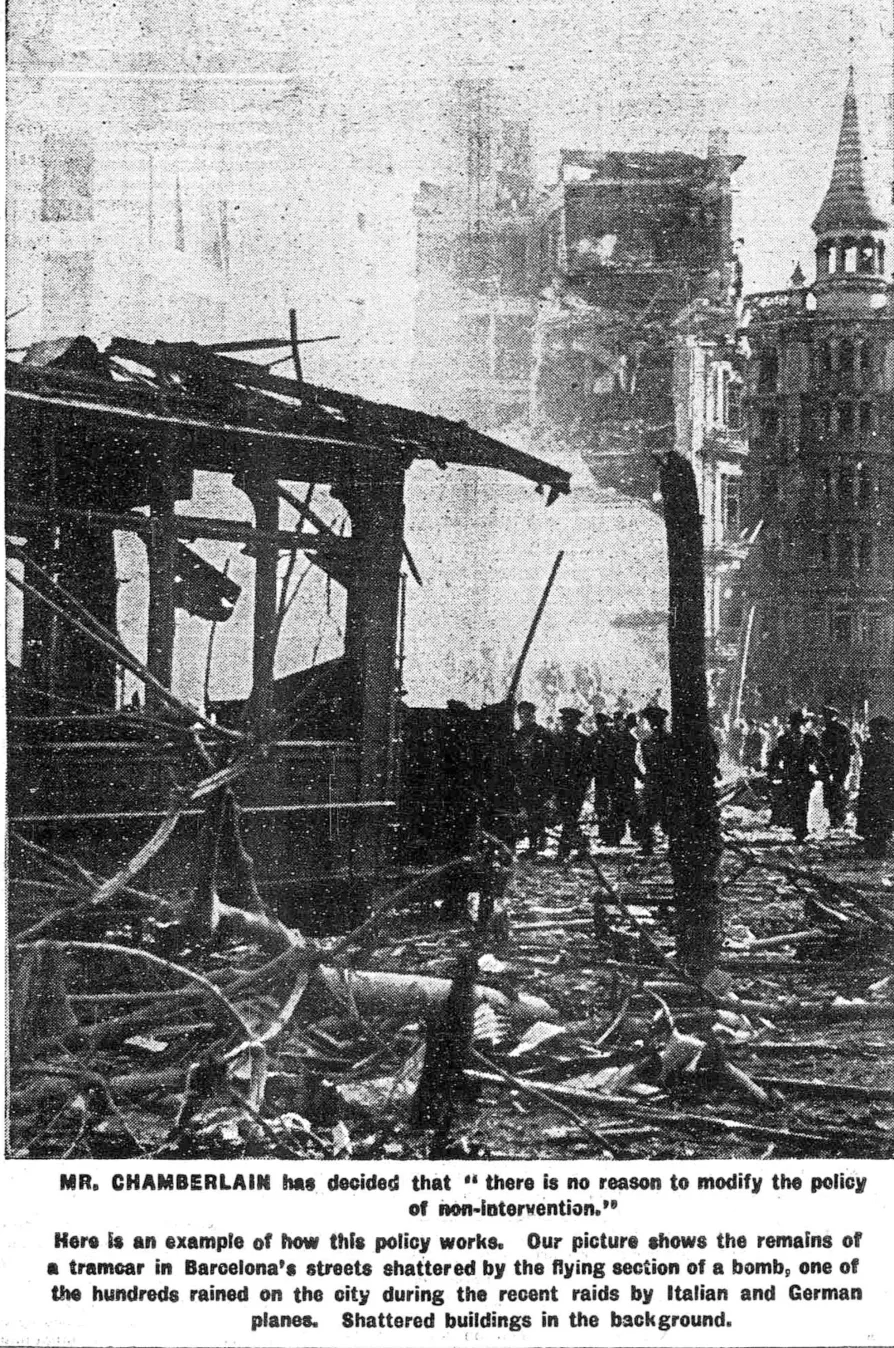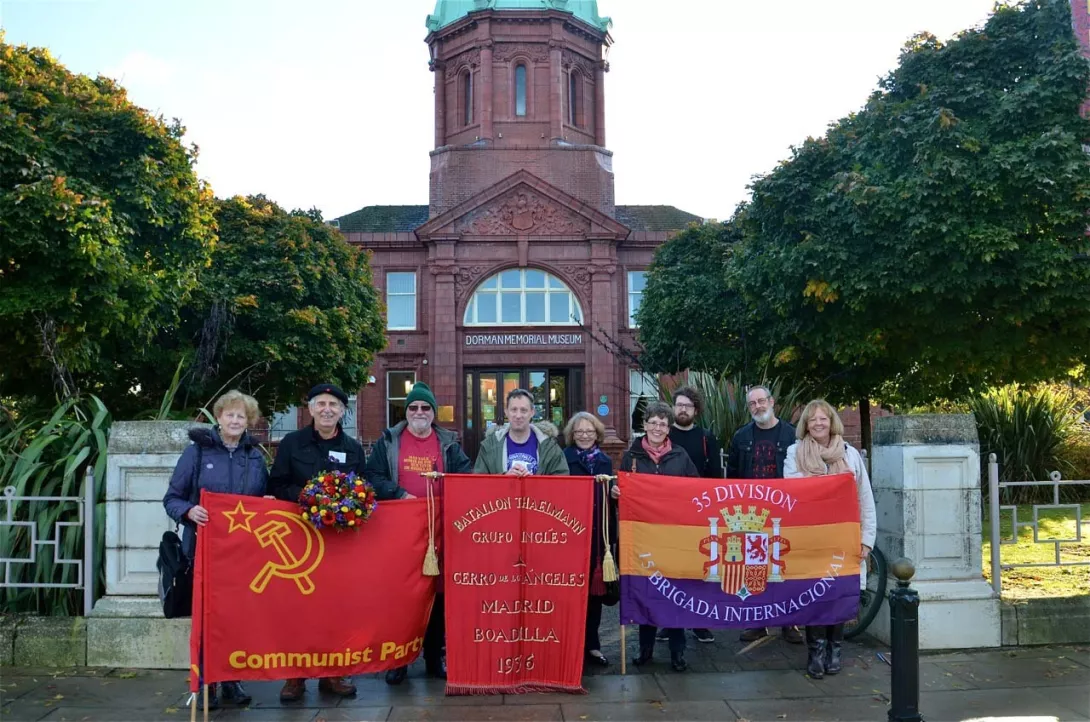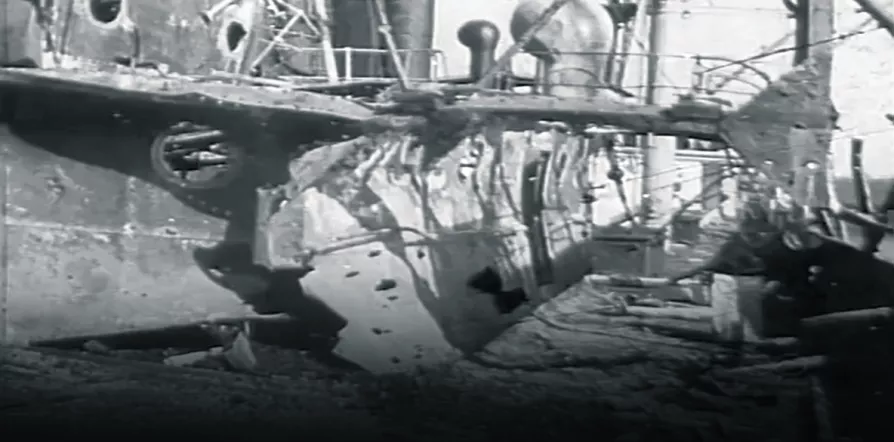
NEXT month sees the unveiling in Glasgow of a memorial to British seafarers who braved fascist bombs and U-boats – and the British government’s appeasement of Franco, Hitler and Mussolini – to trade with Republican Spain during the Spanish Civil War.
Thanks must go to rail and maritime union RMT and its Glasgow Shipping Branch for raising the money for a memorial to the crews of British ships who risked and in some cases gave their lives to break Franco’s blockade of Spanish Republican ports. Designed by sculptor Frank Casey, the memorial will stand proudly across the Clyde from Arthur Dooley’s landmark Pasionaria memorial to the more than 500 Scots of the International Brigades.
The blockade-busting seafarers brought vital supplies to Spaniards fighting the fascist-backed uprising against their elected Popular Front government. Big cities such as Madrid, Barcelona and Bilbao remained loyal to the Republic, while much of their agricultural hinterlands fell into fascist hands. Swollen by refugees, these urban centres became dependent on imports. Food shortages and starvation were an ever-present reality.
